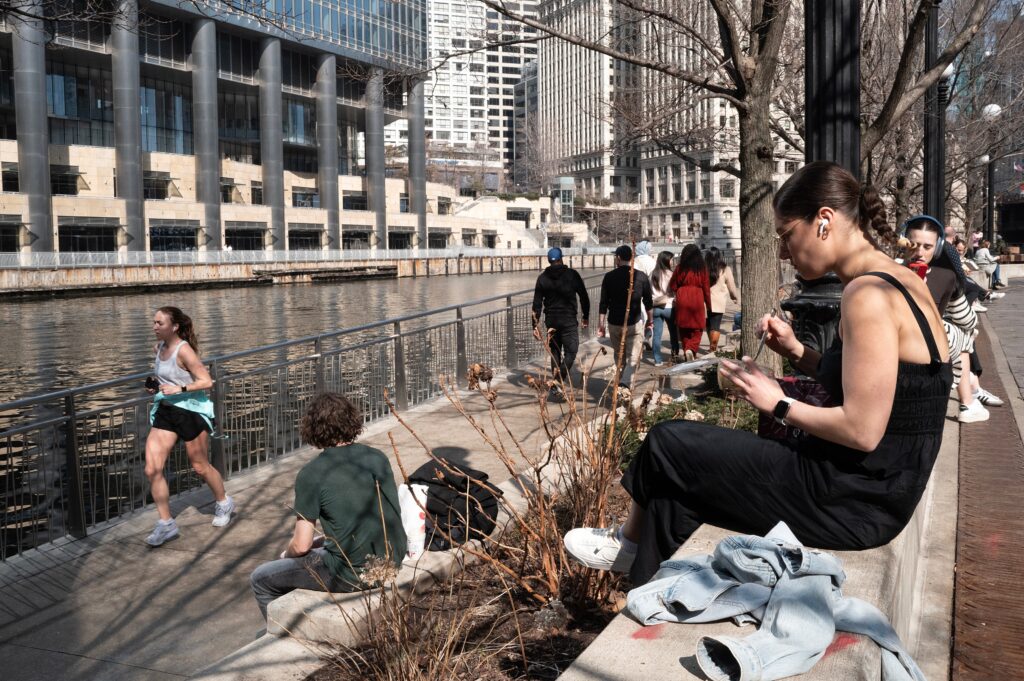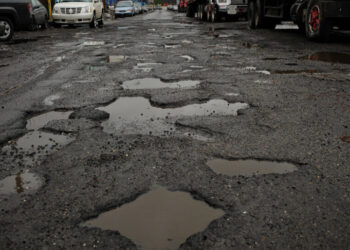As a follow-up to the Nov. 23 letters package, “What city dwellers don’t understand about rural life,” Post Opinions asked, “What do rural folks not understand about city life?” Here are some of the responses.
I live downtown, on the top floor of a big building. The not-city dwellers (pretty much everyone I know), unable to imagine my life, ask me:
How do you live in a place so small?
Where do you put stuff?
Where do you buy groceries?
Where do you hang laundry out to dry?
Where do you park?
Where’s your mailbox?
Have you been mugged?
How much does your place cost per month?
Do you have to pay for utilities or repairs?
Can you have a pet?
How do you get stuff up from the street?
How do you get deliveries?
Can you hear your neighbors?
Do you even know your neighbors?
Do you like living like this? Are you doing it on purpose?
Cecilia Hogan, Tacoma, Washington
The “anonymity of city life” doesn’t mean people don’t know their neighbors or care about them. In a lot of ways, urban neighborhoods are similar to small towns. On the other hand, it is true that you can keep information private. I don’t have to have my prescriptions filled where my next-door neighbor is the pharmacist. I don’t have to go to the liquor store where my sister’s best friend works and risk my sister finding out I’m having a party that I didn’t invite her to.
Doreen Kostner, New York
Contrary to the usual assumption, I know all my neighbors in my apartment building, and we all help each other out.
Ann Reasoner, San Francisco
When I relocated to Chicago after graduation from college, I was astounded by the number of people who thought I was taking up residence in some hellish war zone where I’d be dodging bullets every time I stepped out the door — and this was in the 1980s, long before conservative media made my adopted hometown into their whipping boy. I lived in Chicago for 20 years and felt safer than I do here in rural Indiana. There were people milling about 24/7 in my densely populated neighborhood; here, criminals benefit from the relative isolation and paucity of police officers when you need one.
Alex Jokay, Leo-Cedarville, Indiana
When I moved to Chicago from rural Pennsylvania, my brother and sister-in-law came to visit. Though well-traveled, they had never lived anywhere but on the farms we grew up on, two miles apart. When we drove past tall downtown apartment buildings from which the inhabitants would be “in public” the moment they left their own space, my sister-in-law exclaimed, “What do people do all the time?” I knew just what she meant: You can’t walk outside and roam around on acres of your own property. I realized, though, that if those apartment dwellers drove past our home back on the farm, miles from even a grocery store, they’d exclaim the very same words.
Valerie Metzler, Altoona, Pennsylvania
Urban folks see that people who look very different often act like us, and that people who look like us often act very different. The variety of humanity becomes something to admire rather than fear.
Carolyn West, Miami
Rural folks might be surprised that they don’t have a monopoly on nostalgia. I lived in Austin for more than 40 years and loved the convenience of inner city: parks, shopping, cultural events, hospitals within 10 or 15 minutes. Unfortunately, that’s not possible for me anymore, with Austin’s expanding size and traffic. Now, I could not afford to live in the house I had then. Even the football stadium has become overwhelmingly large. So while I am nostalgic for some things, it’s now far from the same, and I could never go back and adapt to the changes.
Suzanne Schutze, Taos, New Mexico
I grew up on a working farm in Salem County in South Jersey, so I can relate to both sides. My gripe about many rural people today is that their characterizations of people who live in urban areas sound like little more than conservative grievance-politics talking points. There are as many ambitious, industrious and resourceful people in urban areas as there are anywhere else. And there are plenty of lazy, unproductive, dependent people on the dole in rural areas.
The wages of our well-paid college graduates support the self-righteous people in red America.
Joseph Bastrimovich, National Park, New Jersey
I grew up in the county and moved to the city. There is something about a city that makes it feel alive and part of humanity and the present and the march of time. The country always felt dead, frozen and depressing to me. It felt like a culture that believes life’s highest purpose is doing work. I couldn’t stand the constant property maintenance my parents seemed to have so much pride in.
In the city, you have to deal with people. Lots of people. All kinds of people. I may not know my next-door neighbor or most of the people living on my block or my neighborhood, and I don’t always get along with everyone, but I do know from living here that humanity is overwhelmingly good and kind or at the very least well meaning.
David Braun, Minneapolis
The virtue of the metropole is urbanity itself: vitality, creativity, variety, dynamism.
Don Bronkema, Washington
Your turn, suburbanites
Had enough of town and country? Following the Nov. 23 letters package, “What city dwellers don’t understand about rural life,” and the one above, Post Opinions wants to know: What do both groups not understand about life in the suburbs? Share your response, and it might be published in the letters to the editor section. wapo.st/the_burbs
The post What rural folks don’t understand about city life appeared first on Washington Post.




